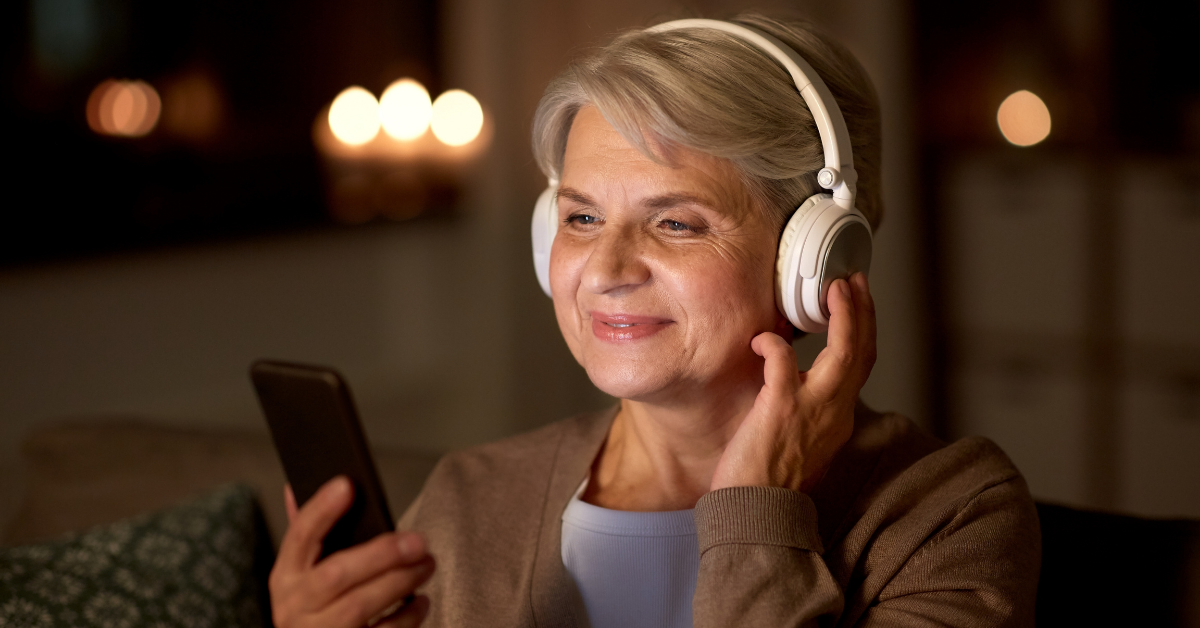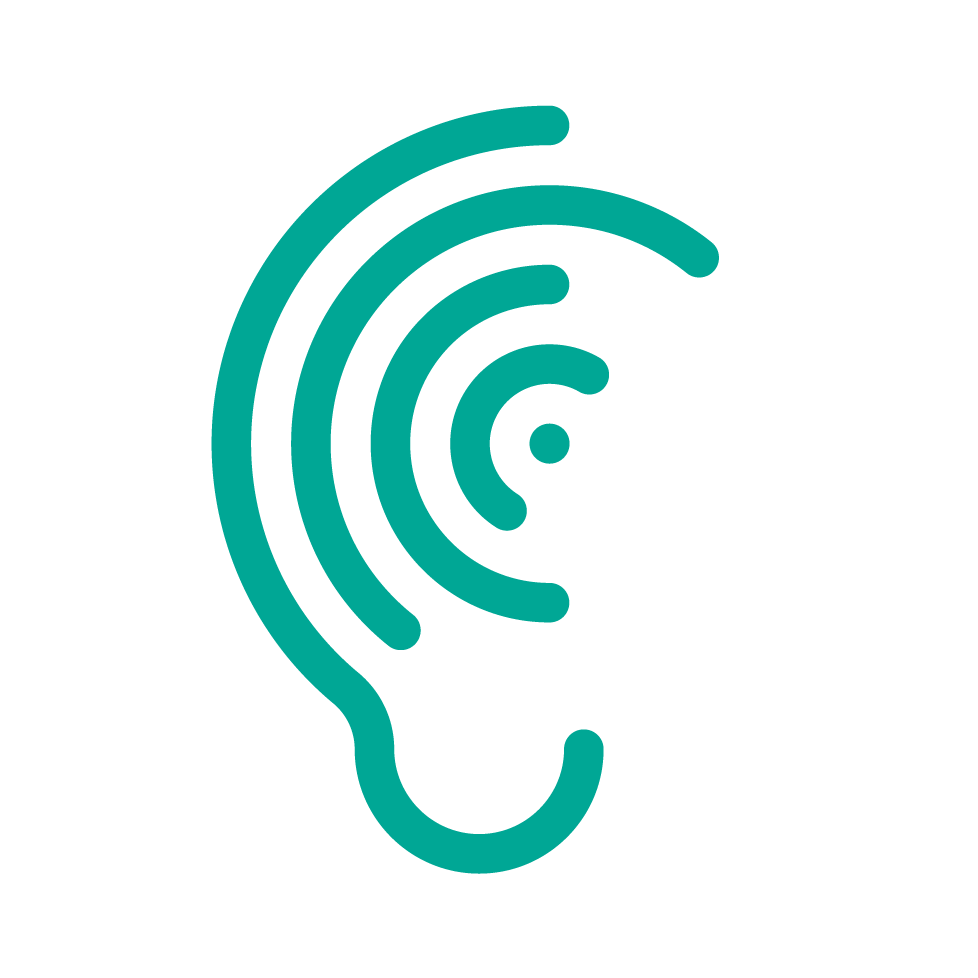Can You Get Hearing Loss from Headphones?

Listening to your favourite music or putting on the latest podcast can be a great way to relax and unwind. However, it could also be the cause of noise-induced hearing loss (NIHL) over long periods of time. Recent studies indicate that high levels of noise through personal audio devices can have an impact on hearing health in the future.
Children and young adults may be more at risk - especially if they’re spending a considerable amount of time each day using headphones at a volume that exceeds 85 dBA. The World Health Organisation estimates that around 50% of people aged between 12 and 35 are more at risk of hearing loss due to prolonged exposure to loud noises - including sound exposure through personal devices like headphones.
So, how do you minimise the risk of hearing loss while still enjoying your favourite tunes? Here are 5 things you can do to avoid NIHL from headphones.
1. Turn down the volume
Sound is measured in units called decibels, and according to the NIH, “Sounds at or below 70 A-weighted decibels (dBA), even after long exposure, are unlikely to cause hearing loss. However, long or repeated exposure to sounds at or above 85 dBA can cause hearing loss.” Take a look at this list of decibel ratings to compare some familiar sounds:
Normal conversation - 60-70 dBA
Movie theater - 74-104 dBA
Motorcycles and dirt bikes - 80-110 dBA
Sporting events, and concerts - 94-110 dBA
Sirens - 110-129 dBA
Fireworks - 140-160 dBA
The maximum volume for music through headphones is around the same as a concert or sporting event, and can get up to around 110 decibels. However, because it can be difficult to know the exact decibel output of your headphones, it's generally recommended that you keep your volume at around 50-60% of the maximum output. Additionally, if you’re listening to music from a smartphone, you can often restrict the highest volume in the settings.
2. Wear over-ear headphones, not earbuds
While there might not seem to be much of a difference between over-ear headphones and earbuds, the distance between the sound and your eardrum can be enough to reduce the risk of NIHL. Also, the way that over-ear headphones are fitted completely around the ear prevents sound from leaking out - this means you won’t need to turn the volume up to eliminate external noise. Noise cancelling headphones will be even better for this, and will allow you to hear audio more clearly without having to exceed the recommended volume limit.
3. Take listening breaks
Simply taking breaks from using your headphones will go a long way in reducing the risk of NIHL. The longer you spend listening to loud noise, the higher your chances of causing long-term damage, so it’s important to take short breaks in between. As a general rule of thumb, take a 5 minute break after every 30 minutes, or a 10 minute break after 60 minutes of listening.
Another good guideline to keep in mind is the 60/60 rule - listen to music at 60% of the maximum volume, for no longer than 60 minutes at a time. This will help you stick to a safer noise level, and limit the amount of time spent listening to audio.
4. Learn about the early signs of hearing loss
Knowing the common symptoms of hearing loss will help pick up on any of the warning signs early on. Some early symptoms might include having difficulty hearing people in noisy environments, or turning up the TV to get more clarity. Another early sign of NIHL is tinnitus, which is often characterised by a ringing in the ear(s), and affects one in ten New Zealanders.
5. Get your hearing checked regularly
Having your hearing tested regularly will help to keep track of any changes that occur early on - even changes you might not be aware of. This way, you’ll be able to put the appropriate measures in place early, to prevent any long term damage to your hearing.
If you’re exposed to sound at excessive levels in your daily life, whether it’s from work or leisure, get in touch with us to see a qualified audiologist. We’ll give you a full overview of your hearing health, so you can keep using your headphones safely, and with complete peace of mind.


